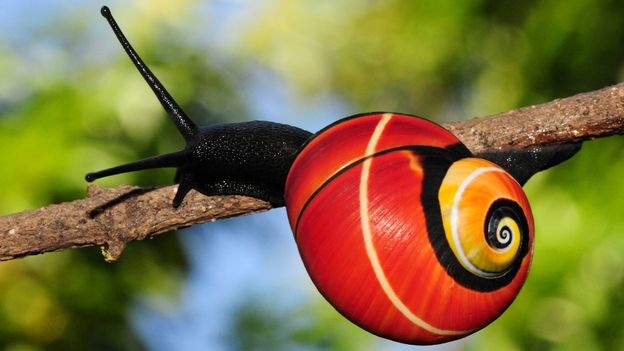A Visual Feast: Science Images That Spark Wonder and Curiosity

A Visual Feast: Science Images That Spark Wonder and Curiosity
Hey everyone! I just stumbled upon this article from the BBC showcasing some of the most visually stunning science pictures of the week, and honestly, it’s a delightful reminder of how much wonder is embedded in the world around us. The images range from a celebration on Mars to a collection of 1.5 million books—how cool is that? It got me thinking about the power of visuals in conveying complex scientific concepts.
Each image in the article is like a portal to a different realm of science. For instance, the anniversary event on Mars isn’t just a technical achievement; it’s a testament to human curiosity and our relentless pursuit to understand what lies beyond Earth. It makes me reflect on how far we’ve come in space exploration and the potential future discoveries waiting just beyond our reach.
And then there's the breathtaking maze of books at the Anke Gowda Jnana Prathistana in India. Imagine standing in front of a collection that represents a staggering 1.5 million books! That’s not just a personal library; it’s a monument to human knowledge and culture. In an age where information is often just a click away, this physical embodiment of knowledge feels both inspiring and a tad nostalgic. It raises the question: Are we losing something vital by moving so much of our information online? There’s a unique magic in the tactile experience of flipping through pages and the smell of old books that we can’t replicate digitally.
The article also touches on apes with a taste for fermented fruit, which is both amusing and thought-provoking. It’s a fascinating glimpse into animal behavior, showing that perhaps our affinity for alcohol isn’t as uniquely human as we thought. This leads me to wonder about the complexities of animal cognition and social behavior. What else might we learn about our animal relatives and, in turn, about ourselves?
These images serve a dual purpose: they educate and inspire. In an era where science sometimes seems daunting or overly technical, visually compelling representations can bridge that gap. They invite us to engage with science not just as a series of facts but as a vibrant, ever-evolving narrative.
On a larger scale, the way we share scientific discoveries is shifting. Social media and online platforms allow these images to reach a broader audience, sparking interest in fields that might otherwise be overlooked. But does this mean we have a responsibility to present science in more engaging formats?
As I ponder the implications, I can’t help but think about the intersection of technology, art, and science. How can we harness the power of visual storytelling to make science more accessible and exciting?
I’d love to hear your thoughts! How do you think visuals impact our understanding of science? Do you feel more connected to scientific concepts through images? And what other areas do you think would benefit from a more visual approach? Check out the article here.


No comments: